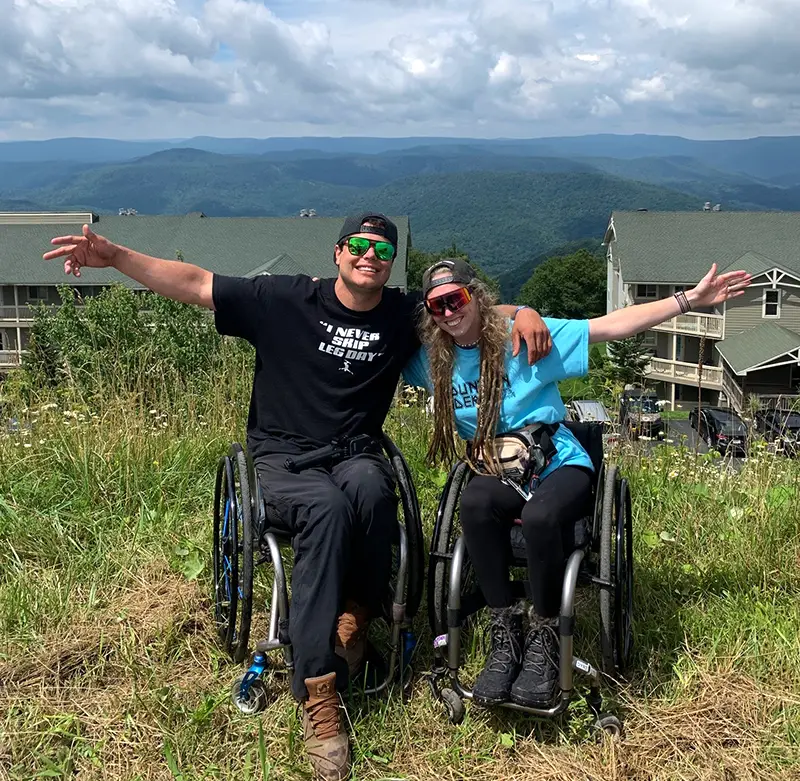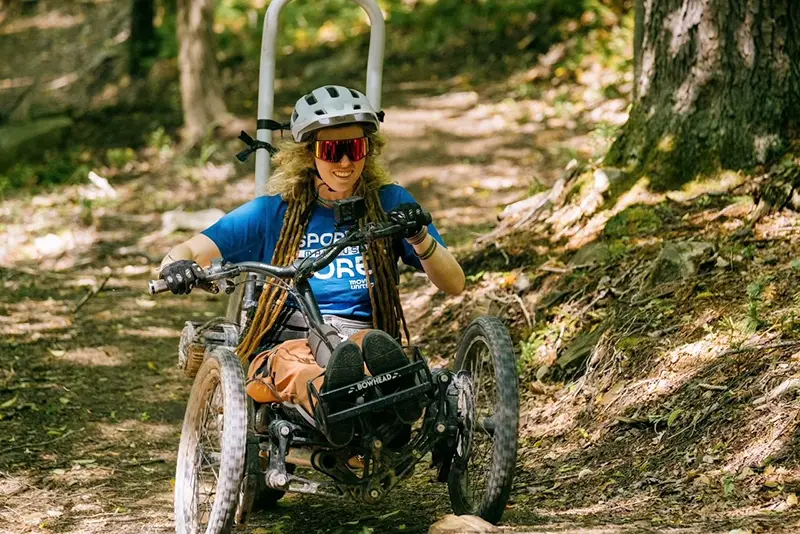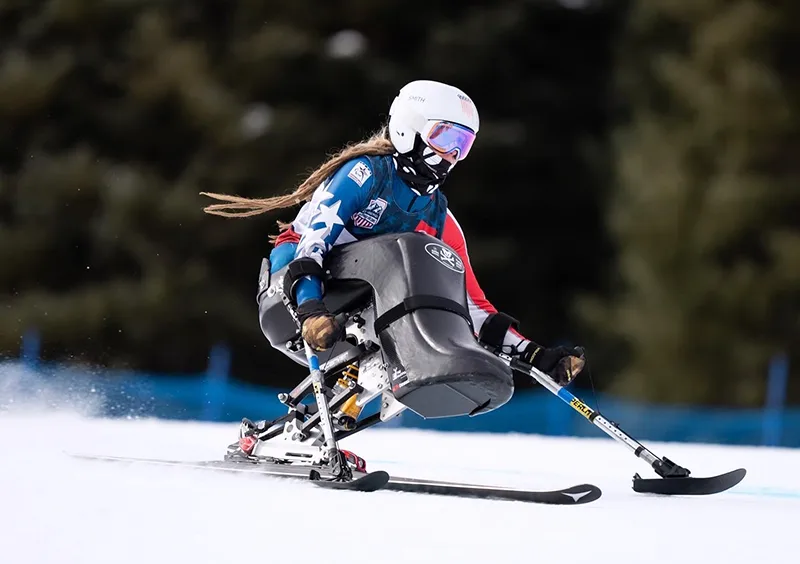A mindset is a certain set of beliefs one has about themselves, a culture, or values and how we respond to the world around us. These beliefs can be positive, negative, or even not explored yet if the exposure is not there. When something like a traumatic life experience happens, your mindset can be altered or influenced in many different directions. Oftentimes someone has a much larger perspective on life after a traumatic life experience because so much life has been lived in a short amount of time. The person starts to see more than just the "normal" way of life; they start to see everything that affects their daily living activities.
Negative Mindsets
For example, I had a negative mindset in the beginning of my wheelchair journey. I often asked, "Why did this happen to me?" I was grieving my old life and thinking about all the things I couldn't do anymore, which sent me into a depression. Doctors were telling me everything I couldn't do anymore, which was giving me bad energy. "No, you can't do that anymore," is not something anyone wants to hear after being newly injured.
Improving Your Mindset
After some time dealing with depression, I finally wanted to figure out how to have a better life as a wheelchair user. It took me some time to figure out how to do that. Here are some ways that helped me to shift my mindset to be more positive:
Follow successful wheelchair influencers on social media platforms

This was a game-changer for me because I had never really seen what a successful wheelchair user was capable of doing in their life. These influencers are out there giving tips and tricks on using wheelchairs and sharing their stories of struggle and success. It just may give you some insight on how to overcome some of the obstacles you may be facing. It may also lead you to some lifelong friendships and connections like it has done for me.
Make a game out of challenges/barriers

As someone who was sports-oriented, when I found a challenge I made it into a game to practice overcoming the challenge. Learning how to win those battles little by little goes a long way in the end. I never got too hard on myself if things weren't going in my favor, though. I could always try again the next day and made sure to give myself grace as I was learning a new body. For example, I would start practicing wheelies so that one day I could hop down curbs if I couldn't find a curbless path. I started with little baby wheelies and gradually worked my way to bigger wheelies. Then, I started to hold them so I could have control of myself while I had the front casters up in the air. Next, I started moving from the patio to the grass, which was a small drop. I just kept moving to conquer larger drops that I found in my everyday life until it became a natural wheelchair skill for me.
Mental health therapy
Knowing that your life situation after a traumatic event has completely changed should be a key indicator that getting help to navigate your new lifestyle is needed. Cognitive Behavioral Therapy is a type of therapy where you work with a psychologist to retrain the brain from negative thoughts to a whole picture approach and focus on taking control of your thoughts and actions. Knowing that the world has to be navigated in a wheelchair completely differently than the walking world, life can get overwhelming quickly. Learning how to look at the whole picture allows you to create a list of organized objectives to get to the end goal, rather than just feeling overwhelmed and defeated when you come to the first bump in the road.
Hobbies

Hobbies that you did before a traumatic accident can more than likely be adapted for you. I was a skier/snowboarder and wakeboarder before my injury and now I am an adaptive skier who uses a sit ski. Learning how to sit ski was no easy task, but it gave me purpose in my life and something to work towards. Each time I was able to reach a new goal, my mental health got better because I was finally able to do something I wanted to do again. Exploring new hobbies in the adaptive community is also a wonderful way to change your mindset. Getting involved with a group of other people who can teach you something you have never done before is exciting because you can find a love for something that you never even knew you could do or had an interest in.
Cry
Sometimes you just have to cry it out. Emotions build up over time with the barriers and obstacles we face. We do this day in and day out, and the frustrations sometimes build up to the point that a good cry will reset it all. We often feel this with physical pain, too. We can handle it for so long, and then one day it's just unbearable and we feel we can't make it. I have always felt better after getting a good, hard cry out. It resets my system and just allows me to have a pity party for a moment before I pick myself back up and start to be me again. After the cry, you can start to rethink all the ways to overcome your battles with a clear mind.
About the Author
Mackinzie Dickman survived a traumatic car accident in September 2017. After some time, a Syrinx (fluid-filled cyst) was found from T5-12 and she became a full-time wheelchair user by October 2019. She moved to the mountains of West Virginia in November 2020 to learn adaptive sports and never looked back. She is now training with the National Sports Center for the Disabled as an adaptive alpine ski racer in hopes to earn a bid to the Winter Paralympic Games.
Most of the stories here on LiveQuickie.com were submitted by readers. Do you have a story to tell? We'd love to hear it. Submit your story here.